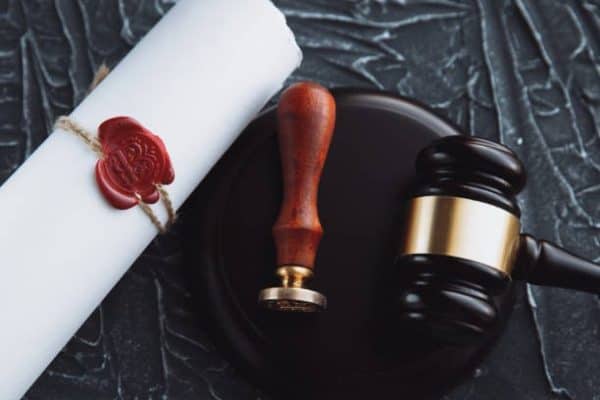In the aftermath of a tragic loss, grief often intertwines with questions of responsibility. When a loved one’s life is cut short due to an accident, the search for accountability can be a complex and emotionally fraught journey. In wrongful death cases, untangling the web of liability requires a nuanced understanding of various factors, ranging from negligence to product defects and medical malpractice. This article will help you navigate the complexities of these legal landscapes and explore the pivotal role of lawyers wrongful death in advocating for accountability and closure for bereaved families.

Understanding the Complexity
Determining liability in wrongful death cases goes beyond pointing fingers; it involves a thorough examination of the circumstances surrounding the incident. Was the accident caused by human error, a defective product, or medical negligence? Each scenario demands meticulous scrutiny to establish who, if anyone, bears responsibility for the tragic outcome.
Negligence is a Common Culprit
In many wrongful death cases, negligence emerges as a primary factor, permeating various facets of daily life where individuals or entities have a duty of care. Whether it’s a distracted driver causing a fatal car crash, a property owner failing to maintain safe premises, or a healthcare provider overlooking critical symptoms, negligence manifests in myriad forms.
Consider the case of a construction company cutting corners on safety protocols, leading to a fatal workplace accident. Despite regulations mandating proper safety measures, the company’s failure to uphold these standards resulted in the loss of a worker’s life. Here, negligence lies not only with the individual responsible for the oversight but also potentially with higher-level management for fostering a culture that prioritizes profit over safety.
Product Defects
Product liability adds another layer of complexity to wrongful death cases. Defective products, ranging from faulty car parts to unsafe medical devices, can result in fatal accidents despite consumers’ reasonable expectations of safety. Holding manufacturers accountable for such defects involves showcasing design flaws, manufacturing errors, or inadequate warnings that contributed to the tragedy.
Medical Malpractice
Trusting medical professionals with your well-being is a fundamental aspect of healthcare. However, instances of medical malpractice can shatter that trust and result in devastating consequences, including wrongful death. From surgical errors to misdiagnoses, medical malpractice cases demand a meticulous review of treatment protocols and expert testimony to establish a breach of the standard of care.
Medical malpractice encompasses a wide range of errors and omissions that can lead to tragic outcomes. In surgical settings, common examples include operating on the wrong body part, leaving surgical tools inside the patient, or performing procedures without informed consent. These errors not only jeopardize patient safety but also erode trust in the healthcare system.
Misdiagnosis and delayed diagnoses are other prevalent forms of medical malpractice that can have fatal consequences. When healthcare providers fail to recognize symptoms, order appropriate tests, or interpret results accurately, patients may miss out on timely treatment opportunities, allowing their conditions to worsen unchecked. In cases of wrongful death, proving that a misdiagnosis directly contributed to the fatal outcome requires expert medical testimony and a thorough review of the patient’s medical history.
The Role of Legal Advocates
Amidst the complexities of wrongful death litigation, the guidance of experienced legal professionals is indispensable. Attorneys specializing in wrongful death cases play a pivotal role in navigating the legal terrain on behalf of grieving families. From conducting thorough investigations to gathering evidence and building compelling arguments, these lawyers serve as staunch advocates for accountability and justice.
Above all, lawyers for wrongful death litigation serve as advocates for accountability on behalf of bereaved families. They stand by their clients, offering compassion and support while tirelessly pursuing justice. Whether through negotiation or litigation, they seek to hold negligent parties accountable for their actions and secure compensation for the profound loss endured by the surviving loved ones.
In the aftermath of a wrongful death, the pursuit of justice is more than a legal matter—it’s a deeply human endeavor. It’s about honoring the memory of those you’ve lost, ensuring their voices are heard, and holding accountable those whose actions led to their untimely demise. It is crucial to strive not only to assign liability but also to cultivate a culture of responsibility and empathy, where every life is valued and every loss is met with the dignity and respect it deserves.
 Gearfuse Technology, Science, Culture & More
Gearfuse Technology, Science, Culture & More


